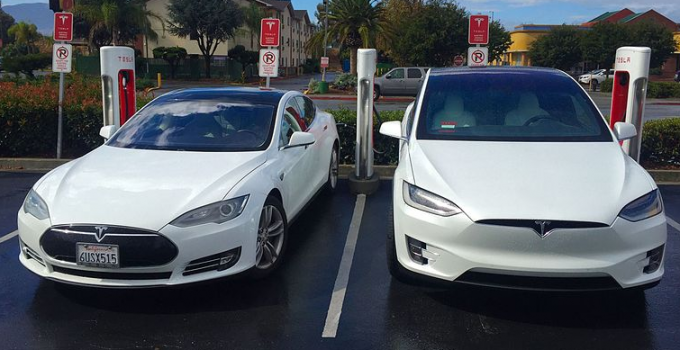In the heart of South America, a silent automotive revolution is underway, with Brazil emerging as a surprising leader in the electric vehicle (EV) market. As of 2023, Brazil has seen a staggering 200% increase in EV registrations compared to previous years, according to Bloomberg Green. This surge is driven by a blend of government initiatives, consumer awareness, and technological advancements. This article will explore how Brazil is spearheading the electric vehicle revolution, the key players involved, and what this means for the future of mobility in emerging markets.
The Brazilian Electric Vehicle Market: A Rapid Evolution
Government Initiatives Fueling Growth
Government policies play a pivotal role in Brazil’s EV market expansion. In 2022, the Brazilian government introduced incentives such as tax reductions and subsidies for electric vehicle buyers. These measures have been crucial in making EVs more accessible to the average consumer. Additionally, the government has set ambitious targets to have at least 30% of all new car sales be electric by 2030, according to Reuters Mobility.
- Tax Incentives: Reduction in import duties for EVs.
- Subsidies: Financial support for local manufacturers.
- Infrastructure Investment: Funding for public charging stations across major cities.
Strategic Partnerships and Investments
Brazil’s push towards electrification is also supported by strategic partnerships with global automotive giants. Companies like Volkswagen and BYD have invested heavily in local production facilities, leveraging Brazil’s vast natural resources to produce lithium-ion batteries. This move not only reduces costs but also boosts local employment and expertise.
- Volkswagen: Committed $1 billion investment in assembly plants.
- BYD: Plans to establish a battery manufacturing facility by 2025.
- Local Partnerships: Collaboration with Brazilian tech firms for R&D.
The Role of Renewable Energy
Brazil’s abundance of renewable energy sources, particularly hydropower, positions it uniquely in the global EV landscape. According to the International Energy Agency, over 80% of Brazil’s electricity comes from renewable sources, significantly reducing the carbon footprint of electric vehicles. This sustainable energy model is a key advantage, making EV adoption more attractive.
- Hydropower: Backbone of Brazil’s energy supply.
- Solar and Wind: Growing investments to diversify energy mix.
- Green Energy Initiatives: Government-backed projects to expand clean energy capacity.
Charging Infrastructure: Building the Backbone
Expanding Charging Networks
One of the critical components of successful EV adoption is the availability of charging infrastructure. Brazil is rapidly expanding its network of charging stations, with a goal to install over 10,000 public chargers by 2025. This expansion is crucial for supporting the growing number of EVs on the road.
- Public Chargers: Focus on urban centers and highways.
- Private Partnerships: Collaborations with companies like ABB and Siemens for tech solutions.
- Fast Charging Technology: Implementation of DC fast chargers for quick top-ups.
How to Charge Your EV in Brazil
Charging an electric vehicle in Brazil is becoming increasingly straightforward. Here are some tips:
- Plan Your Route: Use apps like PlugShare to locate nearby charging stations.
- Charge at Home: Invest in a home charging station for convenience.
- Take Advantage of Free Charging: Many shopping malls and supermarkets offer free charging facilities.
Consumer Guide: What to Consider When Buying an EV in Brazil
Comparing EV Models
When selecting an electric vehicle in Brazil, consider factors such as range, price, and availability. Popular models include:
- Nissan Leaf: Known for its reliability and affordability.
- Tesla Model 3: Offers cutting-edge technology and superior range.
- Chevrolet Bolt: A balanced choice for performance and cost.
Where to Buy
Electric vehicles can be purchased through authorized dealerships and online platforms. Notable dealerships include:
- Tesla Stores: Offer direct sales and test drives.
- Volkswagen Dealers: Wide network across major cities.
- Online Platforms: Websites like Mercado Livre offer listings for new and used EVs.
Conclusion: Brazil’s Bright Electric Future
In conclusion, Brazil is rapidly establishing itself as a leader in the electric vehicle revolution within emerging markets. Through strategic investments, government support, and a focus on renewable energy, Brazil is paving the way for a sustainable future. As global demand for electric vehicles continues to rise, Brazil’s role in the EV ecosystem is set to grow even further.
Are you considering making the switch to an electric vehicle? What factors would influence your decision? As Brazil continues to charge ahead, the future of transportation looks increasingly electric, promising a cleaner, greener, and more sustainable world for all.

